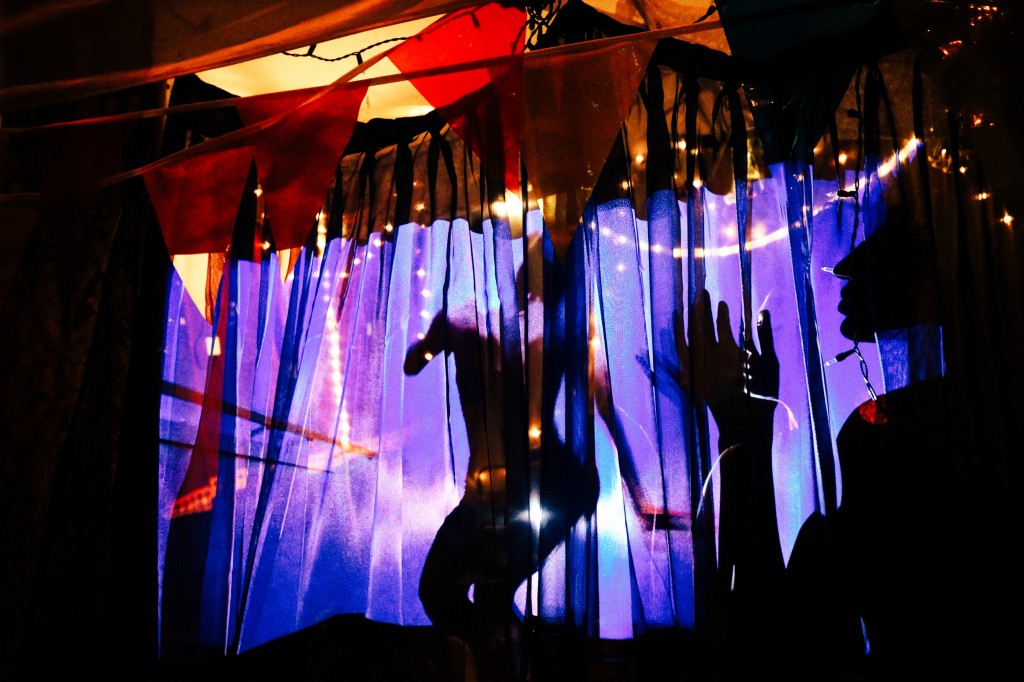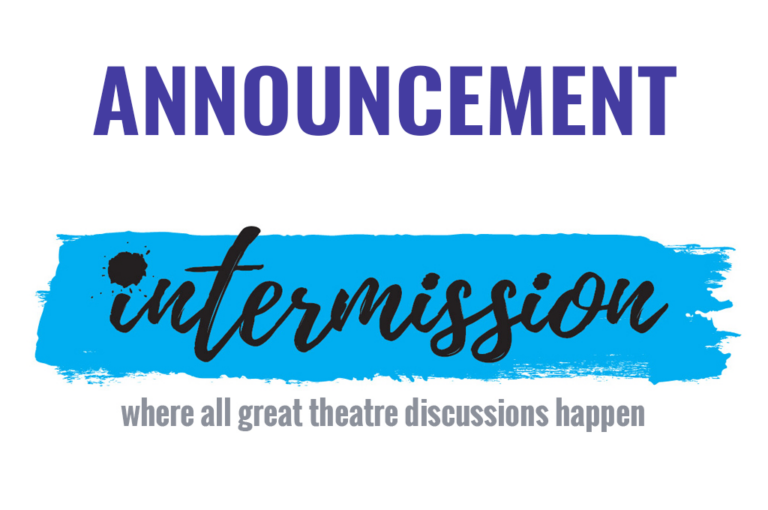Progress and the Future of Independent Touring
In the days leading up to the Progress Festival, Laura Nanni is leading pitch sessions at a performing arts festival in Vancouver, and Franco Boni is batting the flu. But they’re both looking forward to the weekend, when Progress gets underway—and, Boni has decided, when his flu will have finally cleared up.
Progress is an international performance festival highlighting contemporary and avant-garde work, with participants coming this year from the US, the UK, Germany, the Dominican Republic, India, and Italy. Presented by SummerWorks (where Nanni is the artistic and managing director) and the Theatre Centre (where Boni is artistic director), the festival takes a collaborative approach to curation. This means the local contingent of artists involved—which includes Little Black Afro Theatre Company and Toronto Dance Community Love-In—make decisions as a group, without a leader. The non-hierarchical approach feels significant in a time when there are lots of conversations about the potential dangers of giving artistic directors unchecked power.
Everyone is working towards the same goals, one of which involves developing touring networks for independent work within Canada. Giants like Mirvish are able to bring shows across the country, and to attract other companies to Toronto. But other than the Fringe circuit, there are few similar opportunities for small performing arts companies.
“I’d like to think that we’re in the process of getting there,” Laura Nanni says over the phone from Vancouver. She’s there for PuSh, a Vancouver performing arts festival with aims similar to Progress. She says she likes seeing as much work in other cities as possible, so as to make connections with other artistic communities. “Joyce [Rosario, director of programming at the PuSh Festival] was on my artistic advisory for last year’s SummerWorks,” she says. “As much as possible, we’re in conversation with each other about our communities. We’re in conversation about the work.”
The barriers to a strong independent touring community are the obvious ones, Nanni says. “There’s geographic distance that in Canada in particular we need to overcome, if we’re thinking about exchange or collaboration,” she says. Boni is even more blunt: “Touring is expensive.” But he agrees with Nanni that things are starting to change. The arts organization Ontario Presents works on moving work across the province—Boni points to a recent tour of Jordan Tannahill’s show Late Company, for instance. And Nanni says many of her colleagues are increasingly talking about the benefits of moving beyond the biggest and most obvious cities. “I see more and more conversations even in Ontario, talking to presenters in St. Catharines and Kitchener,” she says. “There’s a lot of work to even move around in our own province.”
One of the solutions Nanni has identified is an increase in cross-community residencies, which would allow artists to get to know theatrical contexts outside of their own. “Residencies are exchanges, so … touring isn’t about just making stops on a journey when you have a finished show. [Instead], how do you have a deeper engagement as a show is in early stages of development of work? It’s not just about parachuting in, doing the work and then leaving.”

“Race Cards” by Selina Thompson, on as part of the Progress Festival. Photo by Manuel Vason
Nanni says Jess Dobkin, who had a residency at the Theatre Centre from 2013 to 2016, is pitching her work at the PuSh Festival’s assembly this year. Adam Lazarus is also at PuSh performing his show Daughter, which was developed at SummerWorks in 2016 and was on at the Theatre Centre last fall. Another SummerWorks show, Georgina Beaty’s Extremophiles, just had a run at High Performance Rodeo, Calgary’s international arts festival. Nanni cites these as examples of shows that use talks, workshops, and other forms of engagement to deepen the artist’s connection with the theatrical scenes in those cities. “When they come back home, it ends up informing the future of how they create work,” she says.
A more robust touring network would strengthen the quality of Canadian theatre, Boni says. And opening local audiences up to work from elsewhere is a net benefit “in terms of empathy, in terms of trying to understand other perspectives.” One of the shows in Progress, UK artist Selina Thompson’s Race Cards, involves one thousand questions about race that the artist has written and invites viewers to answer. (The questions include “Have you seen the movie The Help?” and “My mum does not talk about race anymore. It makes her uncomfortable, tired. Will this happen to me?”) “We need to understand what others think,” Boni says. “The issues that are brought up in Race Cards—how are those questions about race expressed in the UK? How are the questions in Toronto different?”
To him, that’s the value of touring, he says. “How do we get to know each other better?”
This article has been corrected to specify that Jess Dobkin is participating at the PuSh Festival, but is not performing there.












Comments